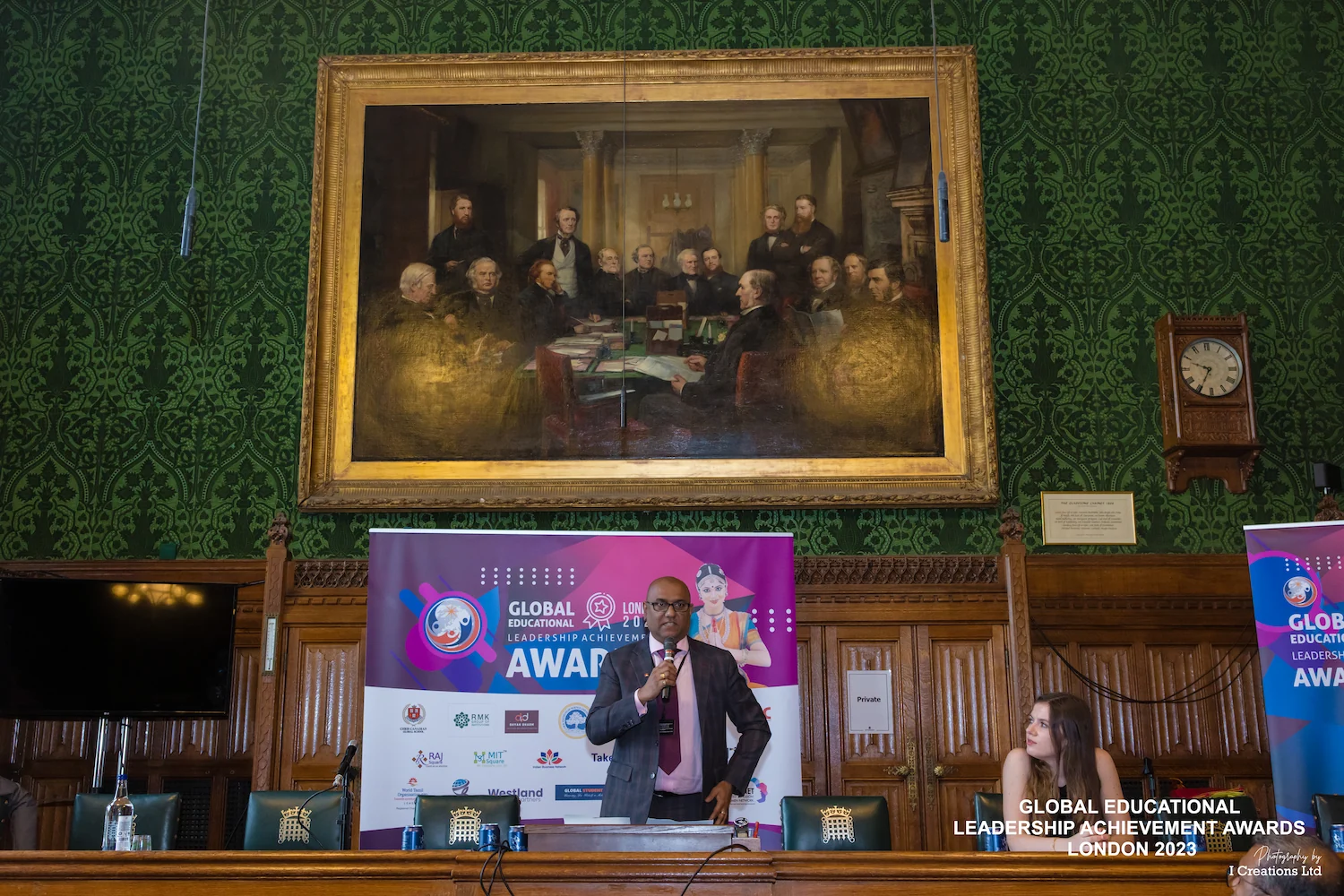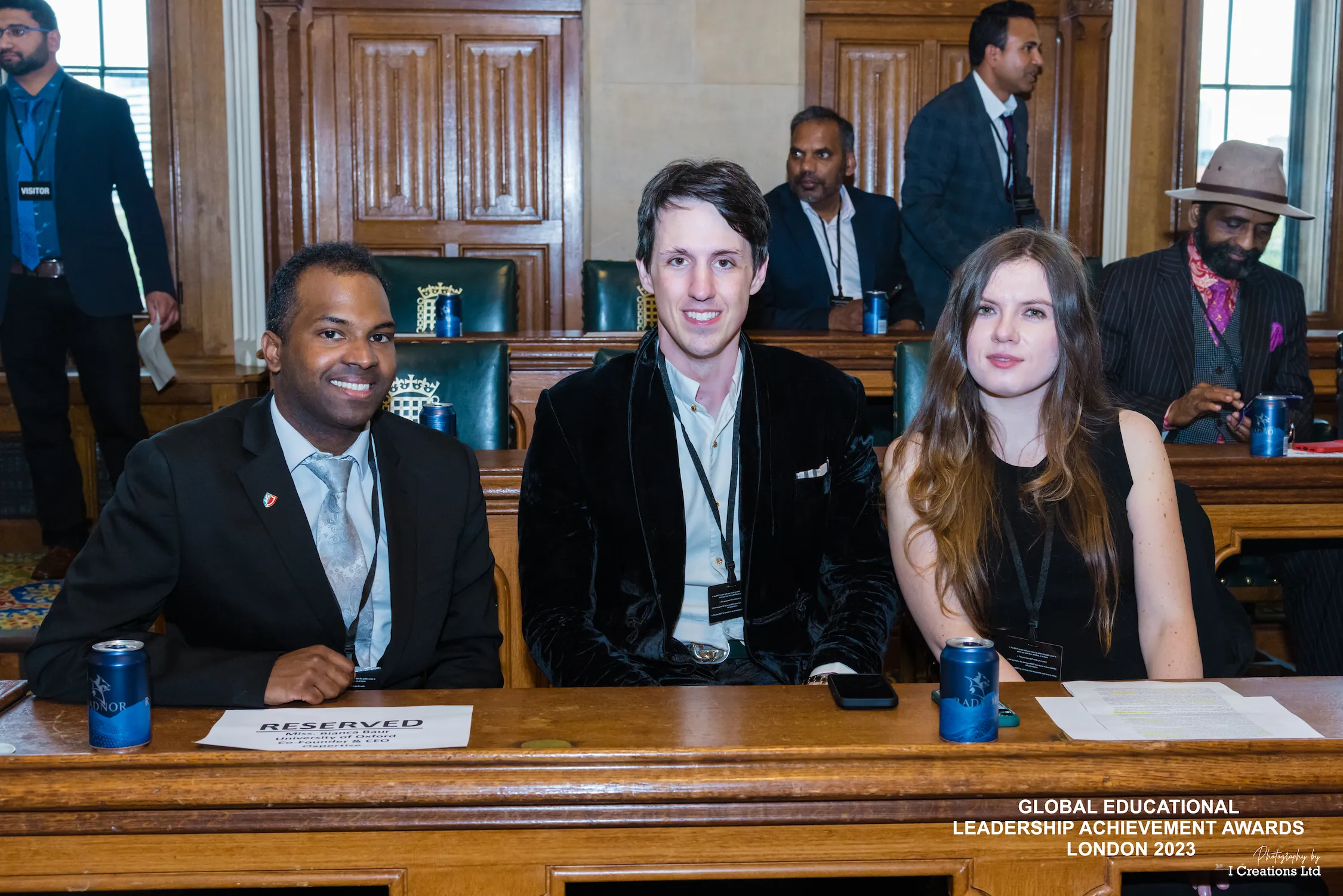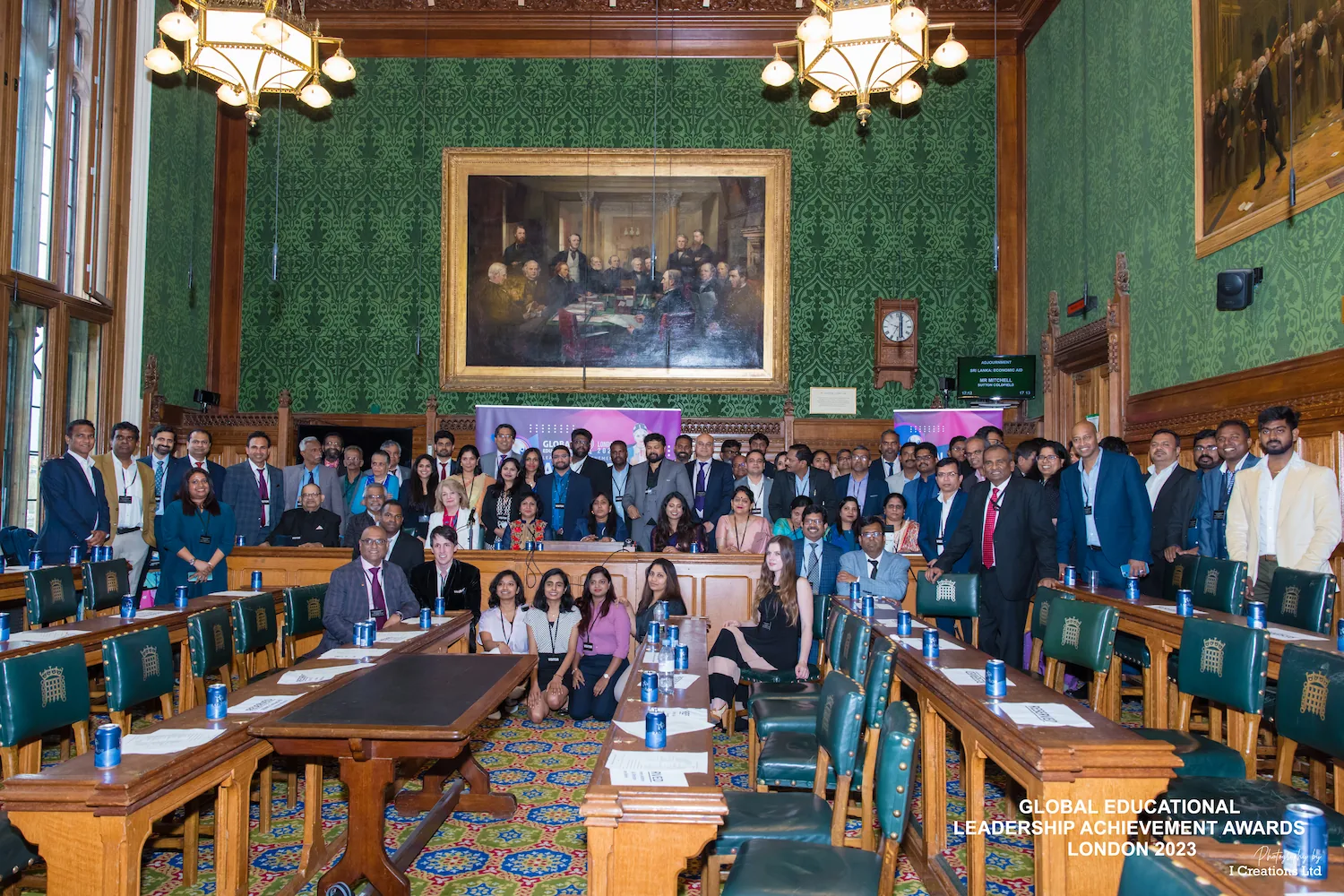Digital Learning, Shared Futures: Reflections from Parliament
At the British Parliament, educators, innovators, and changemakers came together to explore the future of learning. The message? To make education more inclusive, digital, and adaptable for tomorrow's learners.
A recurring theme was the importance of creating learning environments that serve students from all backgrounds. Success depends not only on talent, but also on timing, access, and support. Many students have the potential but lack guidance. The right support at the right moment can turn that potential into opportunity.

One key insight: we’re not using learning science enough. Evidence-based techniques like retrieval, spaced repetition, and concept mapping are rarely taught, yet they drastically improve outcomes. And many high-achieving students end up discovering them on their own, simply by trial and error.
Another major topic was how academic support can be made more accessible, especially for students without mentors or academic networks. By combining personal insight with evidence-based strategies, digital tools can begin to offer the kind of guidance that typically comes from one’s environment.
It's not just what you know. It’s knowing how to learn.


Another recurring theme was engagement. Today’s students are digital natives. They need learning experiences that are interactive. That’s why platforms like Duolingo are so effective: they combine short lessons with gamified feedback.

If we want to build a smarter future, we need to teach students how to learn-not just what to learn.
I left Parliament energised by the shared commitment to making education more democratic, engaging, and evidence-informed. If you're working on something similar, I’d love to exchange ideas. Perhaps over a cup of tea.